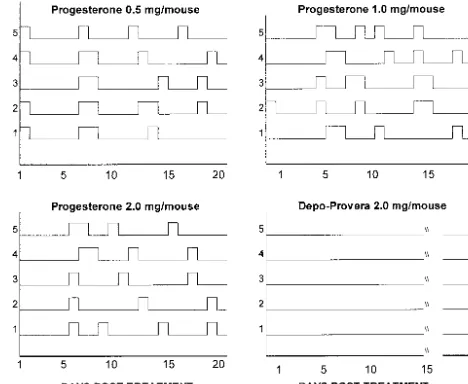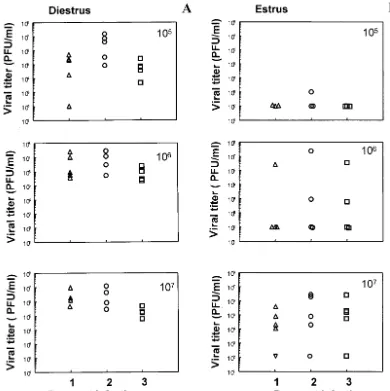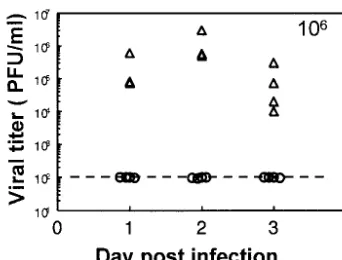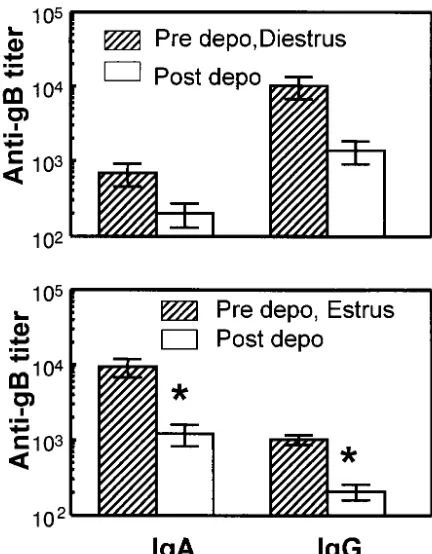Progesterone Increases Susceptibility and Decreases Immune Responses to Genital Herpes Infection
Full text
Figure




Related documents
Keywords: activity theory, aging, bridge employment, continuity theory, disengagement theory, health, population aging, post-retirement work, retirement, well-being... Her
If an agent’s assigned call handling preference is Percent Allocation, direct agent calls will be sent first if the Direct Agent Calls First field on either the Agent Login
With a 9% loading of lime, a rise in the liquid limit occurred due to the excessive lime content (a reduction occurred in other reaction materials). Further than
She has earlier served as Director, Department of Economic Affairs of the Ministry of Finance, Government of India.
Theory and practice prove, digital audio signal Processing system using IIR digital notch filter/Comb filter, AC power supply 50 Hz power interference eliminated does not affect the
We invite unpublished novel, original, empirical and high quality research work pertaining to recent developments & practices in the areas of Computer Science
Today, researchers are interested in materials that are effective in improving optical witch performance. These electrochromic materials can be colorized by
Emergency medicine, a relatively new medical specialty in South Africa, is not yet well estab- lished at Cape Town ’ s central academic hospitals resulting in limited trainers